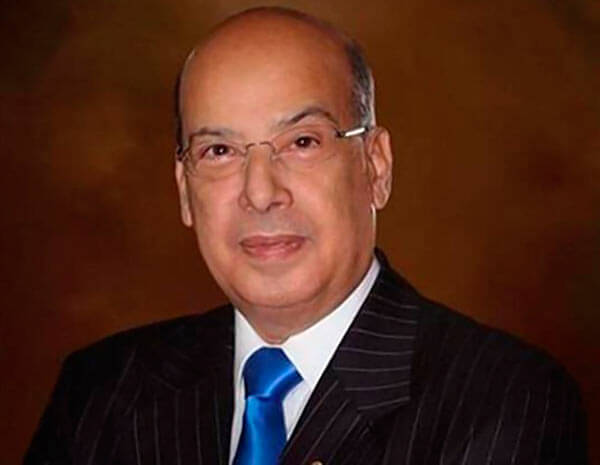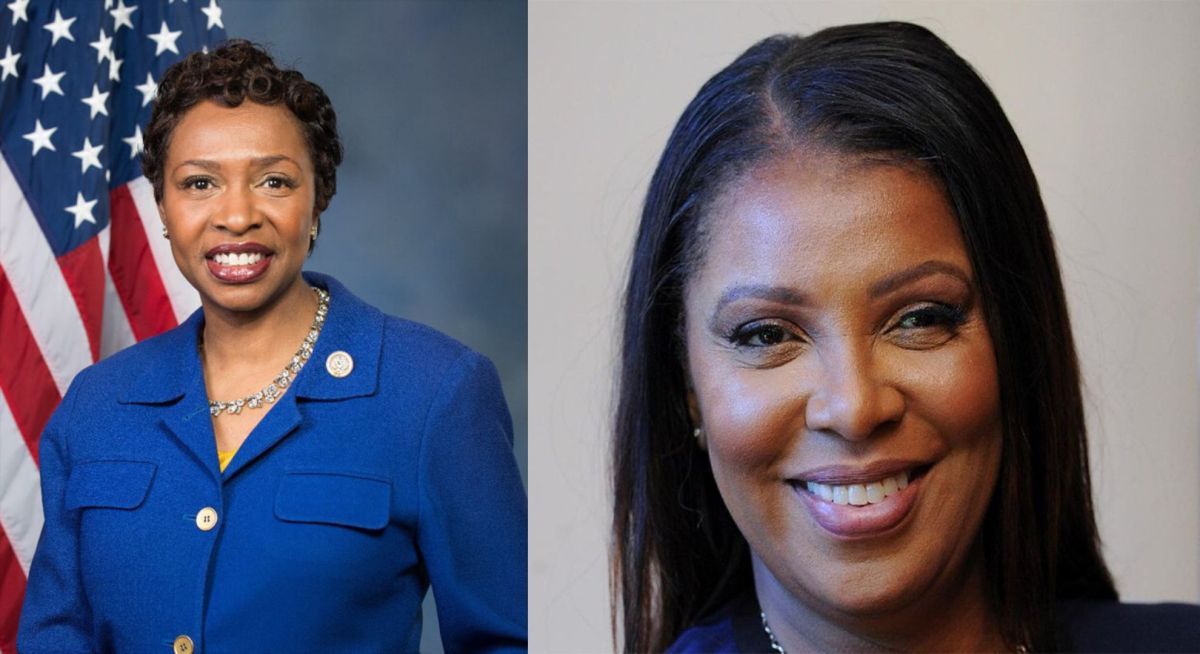As though the news was not bad enough for Barbados, the island on Thursday suffered another downgrade of its sovereign bonds, the second drop in international financial ratings in exactly one week.
Following Standard and Poor’s downgrade of Barbados’ bonds from ‘B-’ to ‘CCC+’ last Friday, Barbadians woke Thursday morning to the news that Moody’s had also lowered its assessment of the island’s ability to repay money borrowed through bonds to ‘Caa3’ from its grade of ‘Caa1’, which it held last April.
While the S&P downgrade last week represented a further lowering of Barbados’ bond issuer status within the junk category, Moody’s stated in the Thursday downgrade that it expects the island to default on its loan repayments.
“The debt burden has risen in recent years and will continue to do so for the next few. Domestic and external liquidity pressures on the sovereign have increased. We assess the likelihood of a credit event [default] in the near term as very high, given lack of fiscal adjustment and increasingly limited financing options,” Moody’s stated.
On the Saturday following S&P’s downgrade Prime Minister Freundel Stuart had shrugged off the lower classification of his government’s international creditworthiness by saying, “… we are not looking to borrow. We’re looking to earn foreign exchange, not to borrow.
“We’re trying to get away from that habit of borrowing foreign exchange to earning our way in the world.”
And on Wednesday before the Moody’s announcement, Stuart continued his apparent commentary on the S&P downgrade and the expressions of concern by the business community.
“It disturbs me no end that we seem now to be working ourselves back into a frame of mind where once again we want to sit exams for people outside of Barbados and wait on them to grade us and if they tell us we have passed we are supposed to feel good that we have passed, and when they tell us we have failed we are supposed to hold our heads in shame and think that we are failures,” Stuart said.
This triggered Opposition Leader, Mia Mottley, to take to social media Thursday and asked the prime minister to shut up.
“I never thought that I would have to come to this country and ask Prime Minister Freundel Stuart to stop speaking,” Mottley said, contending that his talking is ‘more offensive’ than his previous silence when the complaint was that he had not been speaking enough.
Mottley described the prime minister’s comments of the S&P down grade as ‘reprehensible’, and charged that he “does not understand the gravity of the problem.”
Whether the leader of the country understood or not the gravity of the continuous downgrades — this being the 19th under this current administration — the international financial community and economists were making their views known.
The BloombergApp reacted to Moody’s downgrade hours after the Thursday announcement, declaring, “Barbados joined the beleaguered group of countries whose dollar bonds yield more than 10 percent after Moody’s Investors Service said the island nation was likely to default.
“Barbados debt is the worst performer this year among more than 60 countries tracked by the Bloomberg USD Emerging Market Sovereign Bond Index, losing 4.7 percent while the gauge rose 2.1 percent.
President of the Barbados Economic Society, Jeremy Stephen, said, “literally Moody’s is saying you are as bad as a war-torn state.”
And in response to Stuart saying that Barbados is not interested in borrowing on the international market, Stephen, a lecturer in economics at the University of the West Indies, noted that the four commercial banks operating on the island are foreign-owned, and precisely because of that foreign ownership, “they will make a decision to lend in Barbados dollars in this country based on our foreign net rating.”
























